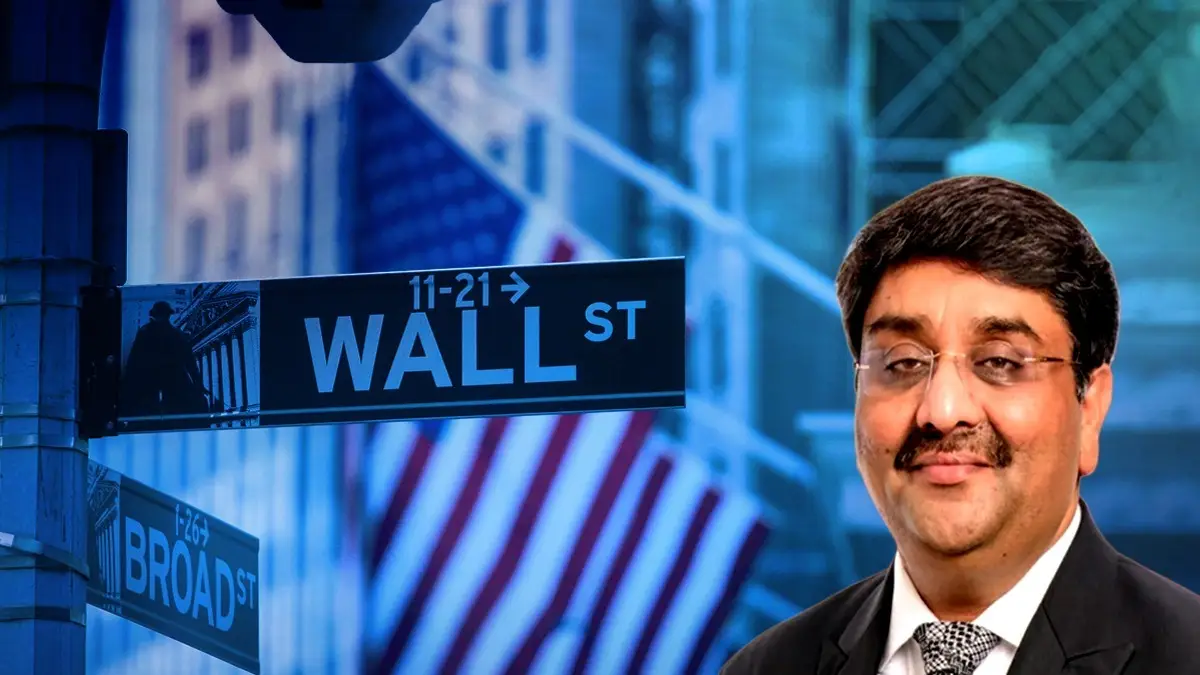Copyright republicworld

Bankim Brahmbhatt, a telecom veteran of Indian origin who built a global business from the ground up, suddenly finds himself in the eye of one of America’s biggest financial scandals. He is the founder, president and CEO of the Bankai Group, a US-headquartered telecommunications and fintech company.According to multiple open sources and media reports, Brahmbhatt presented himself as a seasoned professional with a decades-long career in the global telecom industry.Brahmbhatt is a telecom engineer who became an entrepreneur. His journey began in India in 1989 with the establishment of a push-button telephone manufacturing unit.Over the years, his ventures grew substantially, expanding into diverse areas like satellite dishes, telecom billing and digital financial solutions.His primary firms at the center of the scandal are the little-known telecom-services companies, Broadband Telecom and Bridgevoice, which reportedly sell services and infrastructure to other global telecom carriers. He also had links to financing entities Carriox Capital II and BB Capital SPV.The Bankai Group's key offering, according to company information, is MobiFin Elite, a digital financial services product implemented by clients across several countries, particularly in Africa.Before the storm broke, Brahmbhatt was seen as a classic NRI success story, a self-made telecom mogul proudly running his empire from an office in Garden City, New York.His LinkedIn page, once buzzing with thousands of industry followers, has quietly vanished, either taken down or deleted, leaving only silence in its placeThe legal battle against Bankim Brahmbhatt exploded into the open in August 2024, when a group of heavyweight lenders, led by BlackRock’s private-credit powerhouse HPS Investment Partners and backed by BNP Paribas, slapped him with a civil lawsuit to claw back more than $500 million, they say vanished in a carefully crafted con.As detailed in The Wall Street Journal, the lenders paint a jaw-dropping picture of deception: Brahmbhatt, they claim, cooked up an entire universe of fake receivables; the very lifeblood that was supposed to secure their loans, turning what looked like solid collateral into nothing more than smoke and mirrors.Lenders allege Brahmbhatt "created an elaborate balance sheet of assets that existed only on paper" by creating fake accounts receivable, forged contracts and fictitious invoices dating back to 2018, as per the WSJ report.The fraud was allegedly exposed in July 2024 when an HPS employee noticed irregularities in customer email addresses. Further investigation determined that every customer email provided to verify invoices over the past two years was fake, often coming from fake domains mimicking real telecom companies. Belgian telecom company BICS confirmed it had no connection to the emails, calling it a "confirmed fraud attempt."As per the report, Brahmbhatt's companies, including Broadband Telecom and Bridgevoice, as well as the financing entities Carriox Capital II and BB Capital SPV, filed for Chapter 11 bankruptcy in August 2024. Brahmbhatt himself also filed for personal bankruptcy on August 12.The lenders also allege that Brahmbhatt had transferred assets that should have been pledged as collateral to offshore accounts in India and Mauritius. Brahmbhatt's lawyer has publicly stated that his client disputes all the fraud allegations.The current whereabouts of Bankim Brahmbhatt are unknown, as of the last reports.According to The Wall Street Journal, after HPS officials questioned him about email irregularities, Brahmbhatt stopped answering their phone calls.An HPS representative visited his company's offices in Garden City, New York, in July and found them closed and vacant.When journalists visited his listed residence in Garden City, no one answered the door, though several luxury cars (two BMWs, a Porsche, a Tesla and an Audi) were parked in the driveway and a package was collecting dust near the front door.HPS has reportedly informed some of its clients that they believe Brahmbhatt is currently in India.The massive scale of this alleged deception in a key segment of the private-credit market has heightened Wall Street's concerns about due diligence and risk controls within this opaque corner of the U.S. debt markets.



